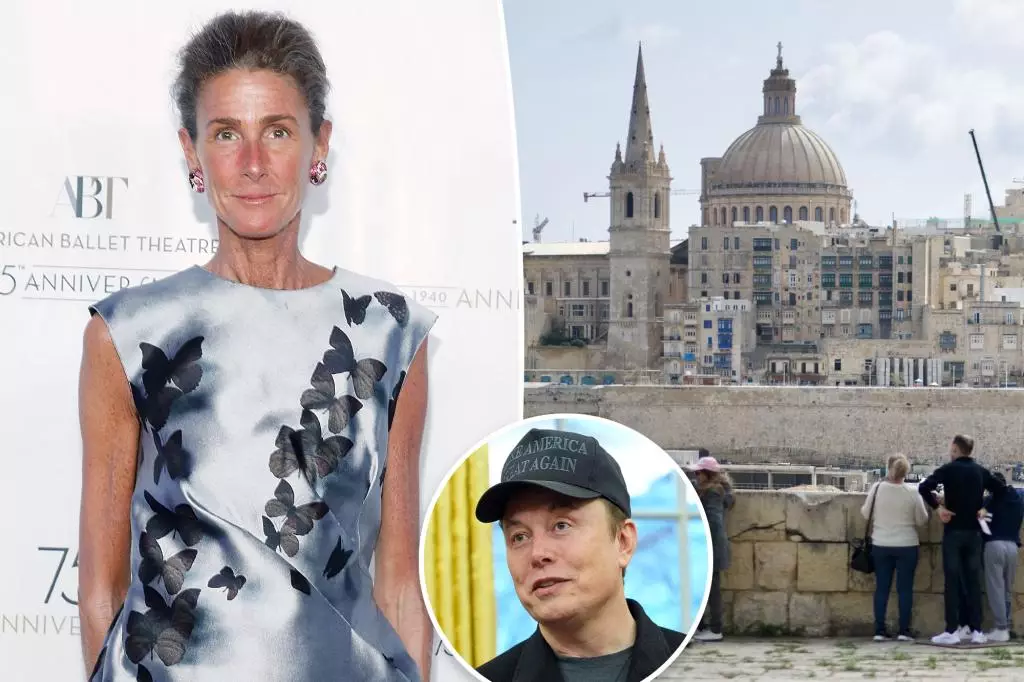In a rapidly shifting political landscape, the concept of diplomacy is finding itself in precarious waters. Recent reports indicate that several ambassadors nominated by President Trump are facing an uncertain fate due to an apparent intention within the administration to shutter numerous embassies and consulates worldwide. This situation poses a significant challenge for the appointed ambassadors, many of whom are not just political appointments but are also prominent figures in social and business circles. As of now, the viability of their positions is being questioned, and this uncertainty is raising eyebrows across the diplomatic community.
The Spotlight on Prominent Nominees
Among the notable appointees is Somers Farkas, a familiar figure in elite social circles, known not only for her high-profile philanthropic endeavors but also for her ties to the business world, being married to Alexander’s department store heir. Nominated for the ambassadorship to the Republic of Malta, Farkas represents a fusion of high society and political ambition. Critics, however, see this nomination as emblematic of a broader trend toward placing friends and donors in diplomatic roles without considering the actual diplomatic implications. The snide comments from political insiders suggest that such appointments might be more about social stature than international relations, with one questioning whether these diplomats would soon be “camping out” in their new roles if embassies start closing.
Challenges of Embassy Closures
The threat of embassy closures not only jeopardizes the positions of newly appointed diplomats but also complicates international relations. The process of closing an embassy is far more intricate than a mere corporate decision — it involves lengthy bureaucratic procedures and negotiations, reflecting the delicate balance of global diplomacy. Diplomats such as Farkas, who have invested time in ambassadorial training, prepare for a role that holds significant responsibility. Yet, with the looming cloud of closure hanging overhead, such preparation may feel futile and raises questions about the administration’s strategic objectives.
Ambassadors in the Public Eye
Consider other high-profile nominated individuals, such as Stacey Feinberg for Luxembourg and Kimberly Guilfoyle for Greece. Each bears a distinct background that merges entertainment, motivation, and political networking. While their celebrity status might generate interest, it begs the question of whether these appointees possess the necessary diplomatic expertise to navigate complex international issues. The vetting of qualifications takes a back seat to the allure of high-profile candidates, which further emphasizes a potential disconnect between public relations and effective diplomacy.
The Uncertain Road Ahead
As embassies around the globe remain under the threat of closure, the diplomatic futures of these appointees become increasingly murky. A senior State Department official has noted that plans are not finalized, yet the mere existence of rumors creates an air of uncertainty that impacts morale and readiness among potential ambassadors. With political insiders expressing skepticism, we are left to ponder how such instability might affect the delicate fabric of international relations and whether these high-society diplomats can truly bridge the gap between their glamorous backgrounds and the weighty responsibilities they are positioned to undertake.
